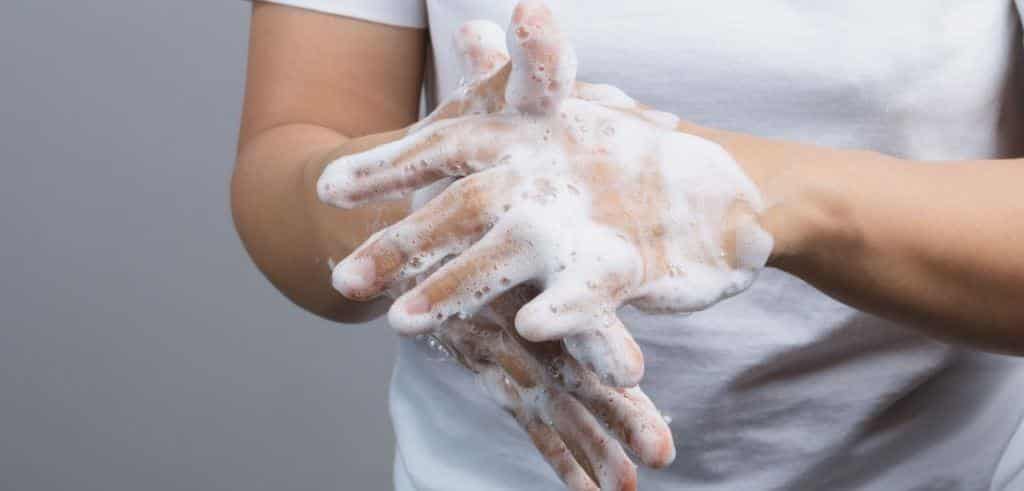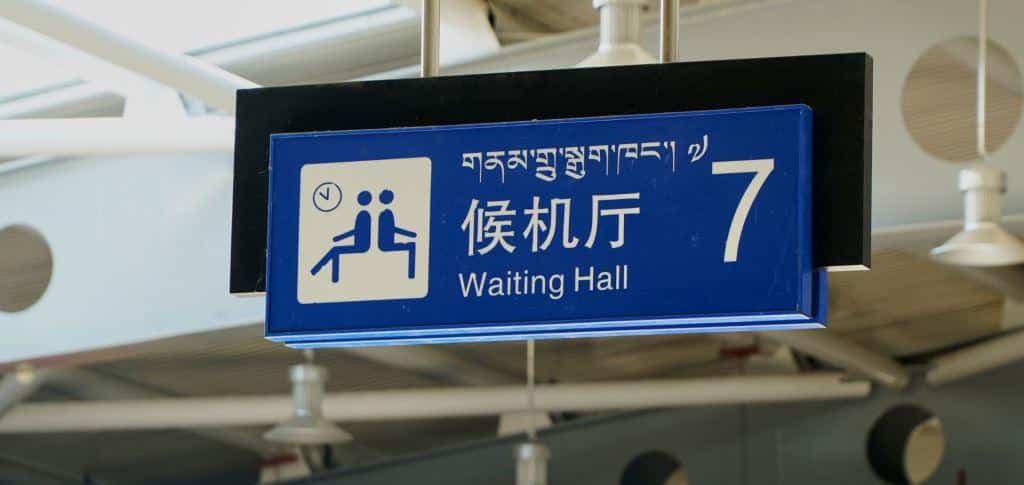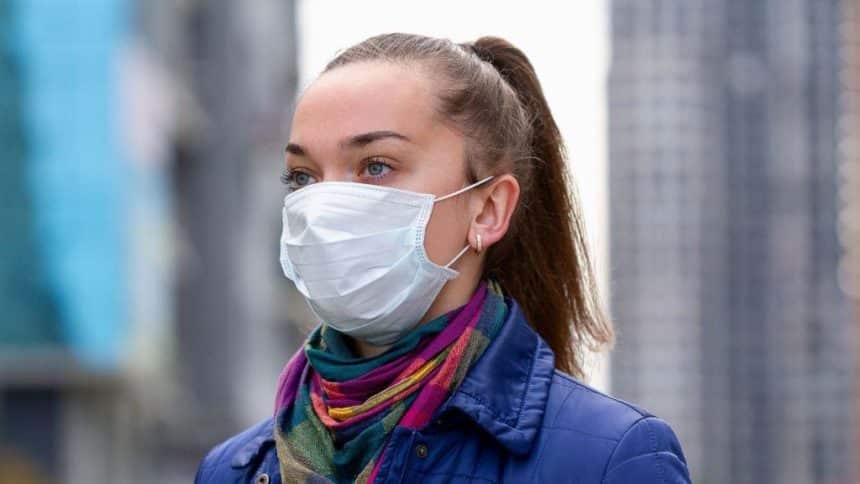The coronavirus has already reached more than 20 countries worldwide. Since the start of the outbreak, there have been more than 40,000 infections and more than 900 deaths. Currently, eight people have been confirmed with coronavirus in the UK, with a sizable group still under quarantine. We outline the key rules to help you protect yourself from coronavirus and minimise your risk of infection, as well as what to do if you develop worrying symptoms.
Coronavirus - what exactly is it?
Coronaviruses (CoV) is a large family of viruses that cause illnesses ranging from the common cold to more serious diseases such as respiratory syndrome and severe acute respiratory distress syndrome. Mammals and birds are the most common carriers of them.
The new coronavirus (nCoV) is a new strain that has not been previously reported in humans. The most common symptoms in infected people are fever (38 degrees and above), cough, shortness of breath and breathing problems. They are very similar to those of normal flu. They appear between 2 and 14 days after infection. In more severe cases, the infection can cause pneumonia, severe acute respiratory syndrome, kidney failure and even death.
Research is still ongoing into coronavirus and exactly how it is spread. It is most likely transmitted by the droplet route, similar to influenza.
There is currently no vaccine to prevent acute respiratory illness 2019-nCoV. The best way to prevent infection is therefore prevention, i.e. minimising the risk of infection.

How to protect yourself against coronavirus?
The UK Department of Health recommends that, as often as possible wash hands for at least 20 seconds. If you do not have this option, use an antibacterial hand disinfectant that contains a minimum of 60% alcohol.
This is especially important if you are in large groups of people and touch the same objects, e.g. in a shop or using public transport. You never know who has used the same shopping basket before you or held on to the same handrail.
Also try to do not touch the area around the mouth, nose and eyesif you have not washed or disinfected your hands. Also avoid contact with sick people. And if you feel unwell yourself, call in to work, ask for time off and stay at home. Try to limit contact with other people and follow basic hygiene rules.
Whether you are at home, in the shop or at work if you cough or sneeze use tissues. NOTE: If you cover your mouth with your hand, you automatically transfer all the germs to your hand and spread them further.
Also take care of cleanliness at home and in your workplace. Try to disinfect frequently touched objects.

In case you have been in China in the last 14 days It is best to call the NHS and report your symptoms. If you are at home, stay there. And if you feel unwell during your journey interrupt it. The best thing to do is to call 111 straight away, say you feel unwell and that you have been in China in the last 14 days.
In addition, if you have been to Hubei province, including Wuhan city, in the past two weeks, you should not go to work for the next 2 weeks and avoid larger gatherings of people. If you do have to go out try to keep a minimum distance of 2 metres from another person.

Symptoms of coronavirus - what to do?
If you have noticed worrying symptoms - don't go to the doctor! This is very important because if you are infected and go to a clinic you are exposing a lot of people.
So what to do? Call the NHS on 111 and present your symptoms and ask for instructions on what to do in your situation.
If you would like to keep up to date with information about the coronavirus on the government website you will find continually updated content.

